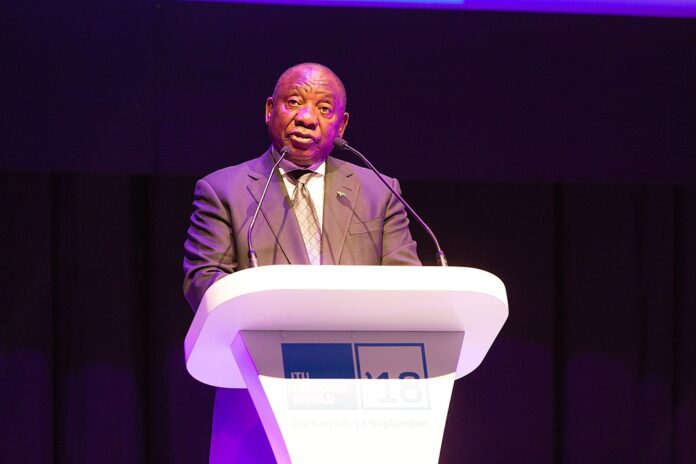President Cyril Ramaphosa refers the Copyright Amendment Bill and Performers’ Protection Amendment Bill to the Constitutional Court for review
In a significant move, South African President Cyril Ramaphosa has decided not to sign the Copyright Amendment Bill and the Performers’ Protection Amendment Bill, opting instead to seek clarity from the Constitutional Court. This decision has sparked discussions regarding the legislative process and the president’s role in shaping copyright law in the country.
The two bills, which had already undergone rigorous debate and revision in Parliament, are now under scrutiny as Ramaphosa expresses concerns over specific provisions that were drafted and reconsidered by lawmakers. According to the Presidency, Ramaphosa’s decision reflects his commitment to ensuring that the legislation aligns with constitutional mandates and principles.
The Copyright Amendment Bill aims to modernise South Africa’s copyright laws to better protect the rights of creators in the digital age. This includes provisions that could significantly alter the landscape for both content creators and consumers. Similarly, the Performers’ Protection Amendment Bill is designed to enhance the rights of performers, offering them more robust protection over their work and ensuring fair compensation.
Embed from Getty ImagesRamaphosa’s refusal to sign these bills and the referral to the Constitutional Court highlights the ongoing tension between legislative intentions and constitutional rights. Legal experts speculate that this move may delay the implementation of these reforms, which many in the creative industry view as critical for progress.
The president’s action has drawn mixed reactions. Supporters argue that he is prioritising the rule of law and due process, ensuring that any new legislation does not infringe upon constitutional rights. Critics, however, fear that this delay could hinder the progress of much-needed reforms in South Africa’s creative sectors.
The Constitutional Court will now review the contentious provisions, which may lead to amendments or a complete overhaul of the proposed legislation. The outcome of this legal review could have far-reaching implications for copyright and performers’ rights in South Africa.
As the situation unfolds, stakeholders from the creative industry, legal experts, and political analysts will be watching closely. The decisions made in the coming weeks could reshape the framework for copyright law in the country and impact the livelihoods of countless artists and performers.
